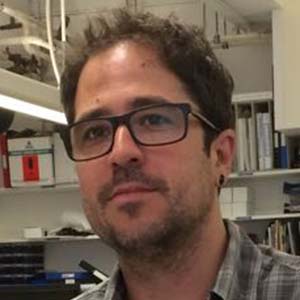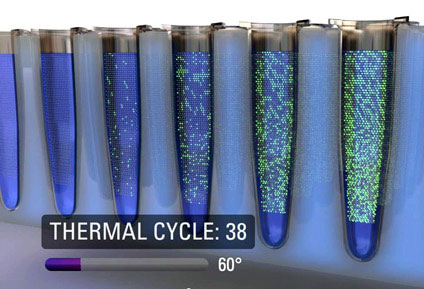Speaker Profile
Ph.D., Senior Scientific Officer, Molecular Oncology Team, Institute of Cancer Research, UK
Biography
Dr. Garcia-Murillas joined Nick Turner’s Molecular Oncology group at the ICR in 2010, initially to work on G Protein-Coupled receptors in breast cancer. Since 2010, Dr Garcia-Murillas has increasingly focused on translational research in breast cancer. He has led and developed work on the use of novel approaches, including Next Generation Sequencing (NGS) and digital PCR (dPCR) to study circulating tumour DNA (ctDNA) from “liquid biopsies”. Currently his research interests focus in the detection and tracking of structural variants, including gene amplifications and deletions, and mutations, primarily in breast cancer, but also in lung and Head and Neck cancers. To date, he continues to work on investigating how ctDNA can be best exploited as a potential biomarker for relapse and prediction of response to targeted treatment in breast cancer.
Talk
Prediction of Clinical Outcomes in Breast Cancer with ctDNA
Identification of early-stage breast cancer patients at high risk of relapse would allow tailoring of adjuvant therapy approaches. Analysis of ctDNA in plasma by NGS and ddPCR can be used to monitor for minimal residual disease and identify early breast cancer patients at high risk of relapse.
Session Abstract – PMWC 2017 Silicon Valley
Session Synopsis: The richness of physiological information in cell-free DNA & RNA is being mined for early detection and treatment in cancer, transplant health, Type I diabetes and other disease states. Depending on the number of biomarkers being usefully interrogated, either broad profiling by Next Generation Sequencing or focused quantitative measurements by digital PCR may be best suited for clinical decision-making. The high sensitivity, specificity and reproducibility of droplet digital PCR technology, as well as its rapid turnaround time and affordability, have led to its explosive uptake in clinical investigations, especially for cancer. Increasingly, translational researchers and clinicians are moving back and forth between the two technology approaches at different stages of disease. Speakers in this session will illustrate how and why they have chosen the technical approach used in their studies and/or for ongoing patient care, including factors such as type and stage of cancer, urgency of the information, what is already known and what can be usefully learned about the particular patient’s disease.




